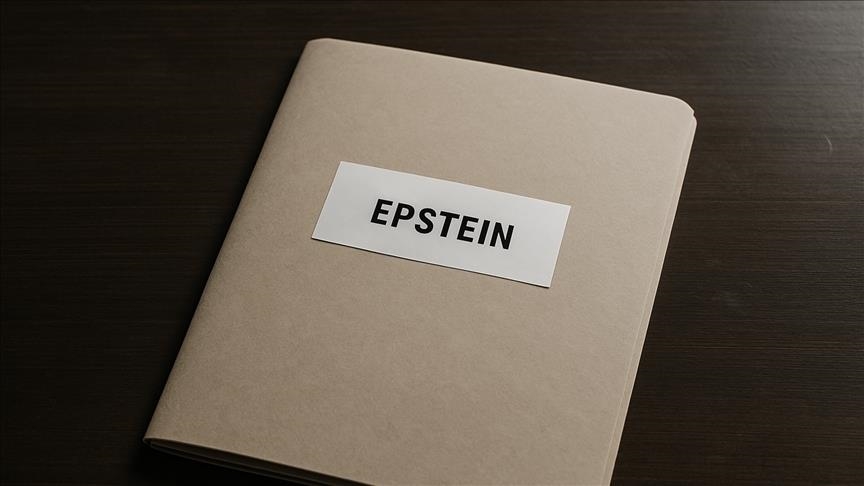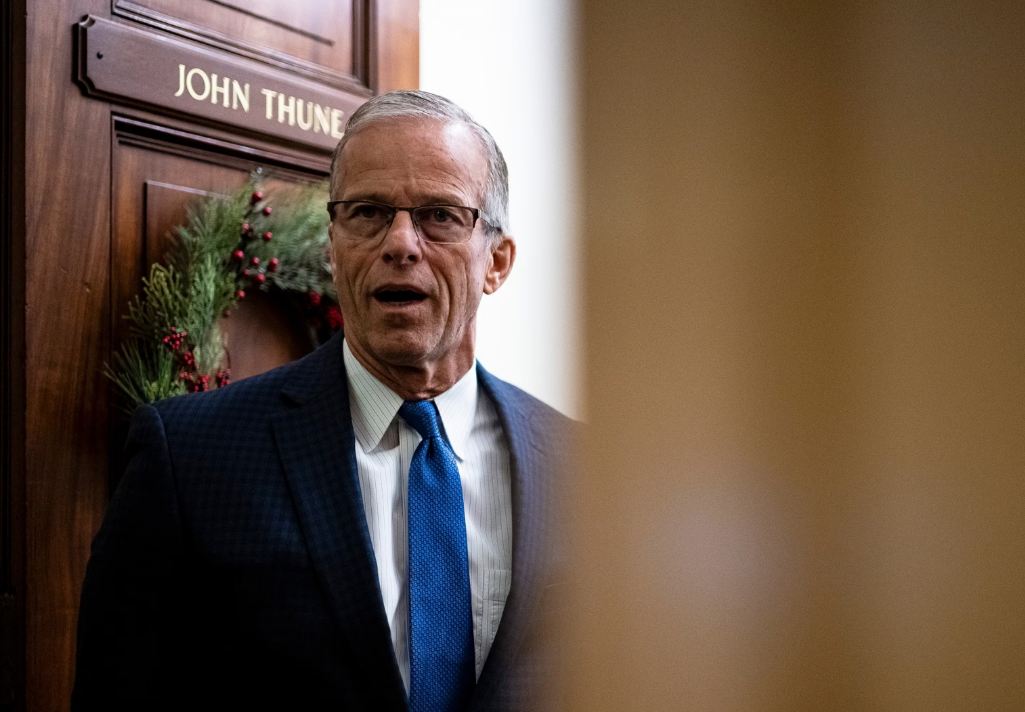The U.S. Senate has unanimously approved a significant measure that forces the Department of Justice to make public its documents related to Jeffrey Epstein. The legislation, known as the Epstein Files Transparency Act, now moves to the president’s desk.
What the Bill Requires
Under the terms of the bill, the Attorney General must publish unclassified records, communications, and investigative materials connected to Epstein within 30 days. These materials include files on Epstein himself, his associate Ghislaine Maxwell, and related travel logs or other background information. The legislation also sets rules for redactions. Sensitive or private details—such as explicit content, national security information, or data that might identify victims—can be withheld, but only under strict legal justification. Additionally, within two weeks of the document release, the Attorney General must provide Congress with a detailed report. This includes a summary of what was released, what was withheld, and the reasoning behind any redactions. The bill also calls for naming “politically exposed persons” mentioned in the files.

Bipartisan Support and Public Demand
The vote reflects unusually strong bipartisan consensus. In the House, the bill passed overwhelmingly, with just one representative voting against it. Senators Jeff Merkley (D-OR) and Ben Ray Luján (D-NM) praised the Senate’s action, framing it as a victory for accountability, transparency, and justice for Epstein’s survivors. Senator Merkley has been a leading advocate for the bill, calling for an end to abuse of power by high-profile individuals and demanding that powerful people be held accountable.
Next Steps: To the President’s Desk
With Senate approval secured, the bill now heads to President Donald Trump. He has signaled public support for the measure. Once signed into law, the Department of Justice will be required to begin the document release process as outlined.
What This Means for Epstein’s Legacy
This legislation represents a historic push for transparency. For years, Epstein’s case has raised questions about who supported him, how investigations were handled, and the full extent of his network. By making these files public, lawmakers hope to shed light on previously hidden or under-examined parts of his activities. At the same time, the bill’s protections for victims and sensitive information show a careful effort to balance openness with privacy. The requirement for a public report on redactions reflects concern that not everything be shielded for purely political or reputational reasons.
Reactions From Survivors and the Public
Epstein’s survivors and advocates have welcomed the move as a meaningful step toward justice. They view the release as a way to pressure institutions to take responsibility and as recognition of the lasting harm caused by Epstein and his associates. At the same time, there is caution. While unclassified documents will be made public, truly sensitive or classified materials could remain out of reach. Some observers worry this could limit how much new or damning information becomes available.

A Turning Point for Accountability
The bill’s passage marks a rare moment of full agreement in a highly polarized political climate. It represents a concrete step toward transparency in a case that has long fueled public curiosity and outrage. By compelling the DOJ to release the Epstein files, Congress is signaling that it takes seriously the demand for greater insight into one of the biggest scandals in recent decades.

















